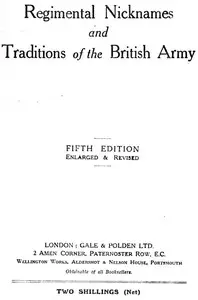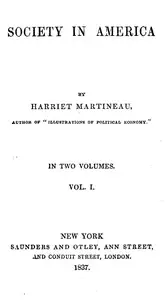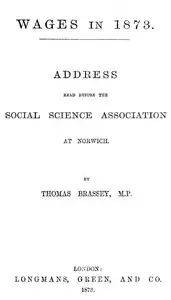"Bushido, the Soul of Japan" by Inazo Nitobe is a historical account that was likely written in the late 19th century. This work delves into the ethical code and cultural significance of Bushido, the way of the samurai, reflecting on its roots in feudal Japan and its enduring impact on Japanese society. The book explores various virtues inherent to Bushido, such as loyalty, honor, courage, and benevolence, illustrating how these principles shaped the character of the samurai and continue to influence contemporary Japanese values. The opening of "Bushido, the Soul of Japan" sets the stage for a profound exploration of the moral framework that guided the lives of samurai warriors. Inazo Nitobe recounts personal experiences and reflections that led him to understand the essence of Bushido, illustrating its significance in providing moral education beyond formal religious instruction. He emphasizes the organic development of Bushido, rooted in a blend of historical, philosophical, and cultural influences, and introduces key figures and concepts that highlight the virtues of rectitude and loyalty. Through analogies and comparative examples from both Eastern and Western traditions, Nitobe seeks to elucidate the depth of Bushido as a living ethical system that fosters character and moral integrity. (This is an automatically generated summary.)

Bushido, the Soul of Japan
By Inazo Nitobe
"Bushido, the Soul of Japan" by Inazo Nitobe is a historical account that was likely written in the late 19th century. This work delves into the ethic...
Nitobe Inazō was a Japanese agronomist, diplomat, political scientist, politician, and writer. He studied at Sapporo Agricultural College under the influence of its first president William S. Clark and later went to the United States to study agricultural policy. After returning to Japan, he served as a professor at Sapporo Agricultural College, Kyoto Imperial University, and Tokyo Imperial University, and the deputy secretary general of the League of Nations. He also devoted himself to women's education, helping to found the Tsuda Eigaku Juku and serving as the first president of Tokyo Woman's Christian University and president of the Tokyo Women's College of Economics.













